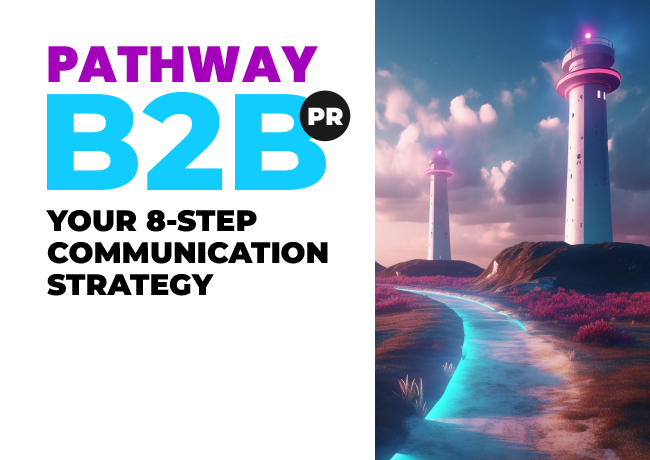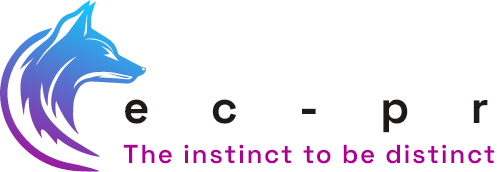
Key Opinion Leaders vs. Thought Leaders: Understanding the Difference
Key opinion leader vs thought leader FAQ
What is a Key Opinion Leader (KOL)?
A key opinion leader is someone who has built a strong following in a specific niche or industry, often through personal experience or expertise. KOLs are influential because their audience trusts them to provide reliable recommendations. They typically work closely with brands, lending their name or endorsement to products and services.
Key characteristics of KOLs:
- Expertise in a niche: They are highly specialised in a particular field—whether it’s technology, fashion, or finance.
- Influence on consumer decisions: Followers trust their reviews and recommendations, often making purchase decisions based on their opinions.
- Brand collaborations: KOLs frequently partner with companies to endorse or promote specific products, often through paid sponsorships.
Examples of Key Opinion Leaders
In practice in B2B Business this might be a someone like Neil Patel who has established himself as a KOL on how to use Artifical Intelligence in business marketing. He has a large following on YouTube and other social channels, and has built a reputation for honesty and providing actionable insights. By providing his personal experience and recommendations, he influences the purchasing choices and behaviour of consumers in the digital marketing space.
In the public eye another example is Davina McCall who, after writing a book and making a TV programme, has become a Key Opinion Leader on issues surrounding the menopause and HRT. She has collaborated with medical professionals, charities and endorsed products captialising on her following on this subject.
Another example is Rick Rubin, one of the world’s most successful music producers. He has become a Key Opinion Leader more generally on human creativity, artistry, living creatively and so on, after writing a book, “The Creative Act: A Way of Being”. This has put him in demand to give opinions on topics that touch this niche.
What is a thought leader?
A thought leader, on the other hand, is someone who drives innovation and inspires change within an industry or broader sector. Thought leaders influence the way people think by offering insights, predictions, and pioneering ideas. Unlike KOLs, their influence isn’t limited to a niche but spans across various industries and audiences.
Key characteristics of thought leaders:
- Pioneers of new ideas: they challenge the status quo and present new ways of thinking about industry trends or issues.
- Inspiration and change: thought leaders often provoke deeper thinking and push their audiences to innovate and grow.
- Reputation-based: their authority comes from their ability to shape long-term industry trends rather than immediate consumer actions.
For instance, this might be a CEO of a tech company who speaks at conferences, writes industry-shaping articles, and is known for predicting the future of AI development and the impact on human resources. Their insights help guide businesses, not just consumers.
Examples of thought leaders
Thought leaders in business are likely to challenge across sectors and so we see examples such as Tim Ferris who envisioned the traditional work model on its head in his book “The Four Hour Work Week“. This was first published in 2011, when the idea of working from anywhere on your own schedule was really wild, and yet now it is reality for thousands of people.
Simon Sinek is a favourite thought leader of ours at EC-PR. He is reknowned for turning the tables on traditional marketing and management thinking, first in his book “Start with Why” in 2011, and more recently with “Leaders Eat Last” in 2017, both of which challenge executives to consider what makes businesses successful over the long-term.
Rachel Botsman is an author and thought leader on quite a hot topic: who do we trust? As an academic and speaker, she presents how technology is transforming the way we trust – from AI platforms like ChatGPT, recruiting people who work remotely, and who we trust on social media and why. This is crucially important for businesses to know how to cultivate positive, trust-filled connections with their target audience.
What are the key differences?
1 Scope of influence:
- KOLs often influence consumer behaviour in specific markets. Their audience turns to them for product reviews, advice, and endorsements.
- Thought leaders influence broader discussions within their industry. They provide thought-provoking content that can shift the direction of companies and inspire innovation.
2 Relationship with brands:
- KOLs typically work directly with brands for promotional activities, often on a paid basis.
- Thought leaders may partner with brands, but their role is more about influencing strategy and vision rather than promoting products.
3Longevity of impact:
- KOLs often have immediate but potentially short-term influence. Their followers may make quick decisions based on recommendations.
- Thought leaders create a more sustained impact. Their ideas may take time to permeate, but they shape the future of industries over the long haul.
Why this distinction matters for businesses
When businesses are looking to scale, they need to understand the differences between KOLs and thought leaders to choose the right influencer strategy. KOLs are ideal for businesses that want to increase brand awareness or drive product sales in a specific niche. If you need to reach a target audience quickly and directly, a KOL can be your best bet.
Thought leaders are valuable when businesses are looking to reshape their image, position themselves as industry innovators, or influence broader business strategies.
TL;DR
Understanding whether your business needs a KOL or a thought leader is crucial for effective marketing. KOLs can drive consumer action, while thought leaders can inspire broader change. Both play significant roles, but the key is aligning their strengths with your company’s goals.
If you’re trying to build credibility and grow your brand, consider who will best help you achieve that—an influencer with a niche audience or a visionary who shapes the future of your industry.

Your 8-Step Communication Strategy Guide
A comprehensive guide to delivering your business goals using intelligent and relevant messaging.
Our insights
Subscribe to our updates
Stay up to date with the latest insights, case studies and PR guides.

